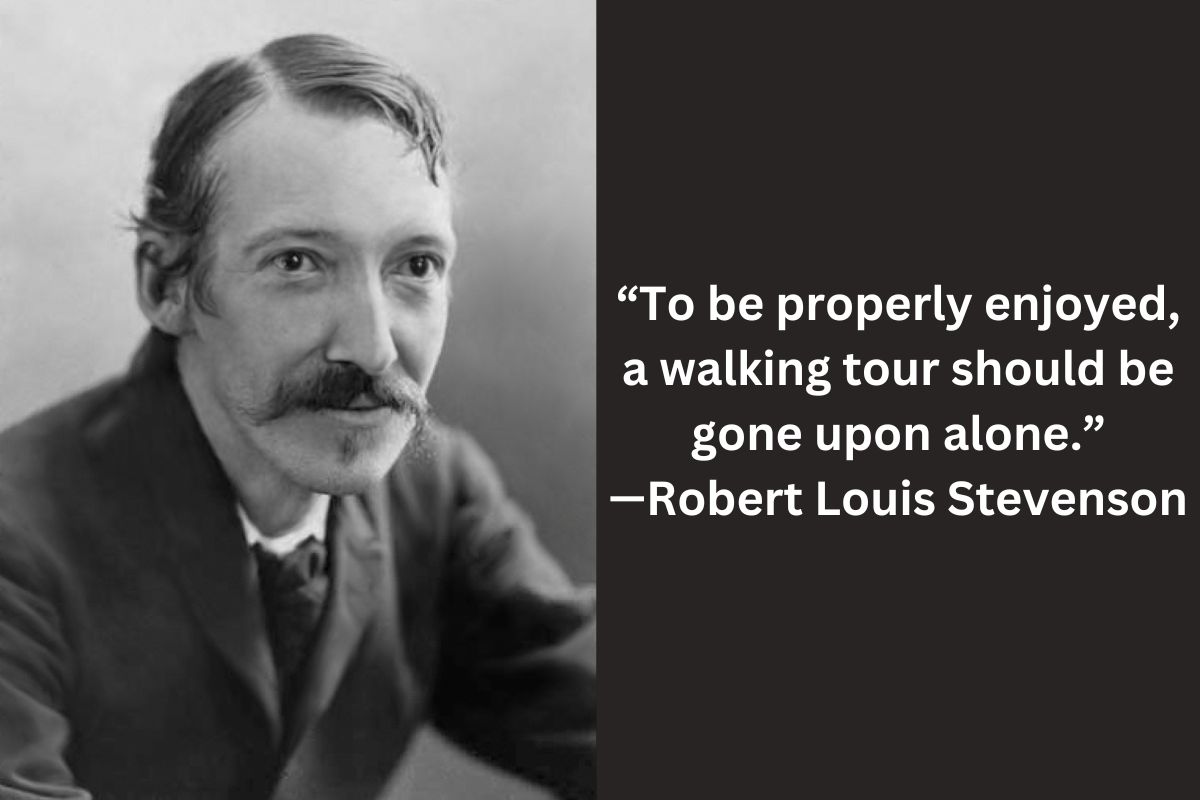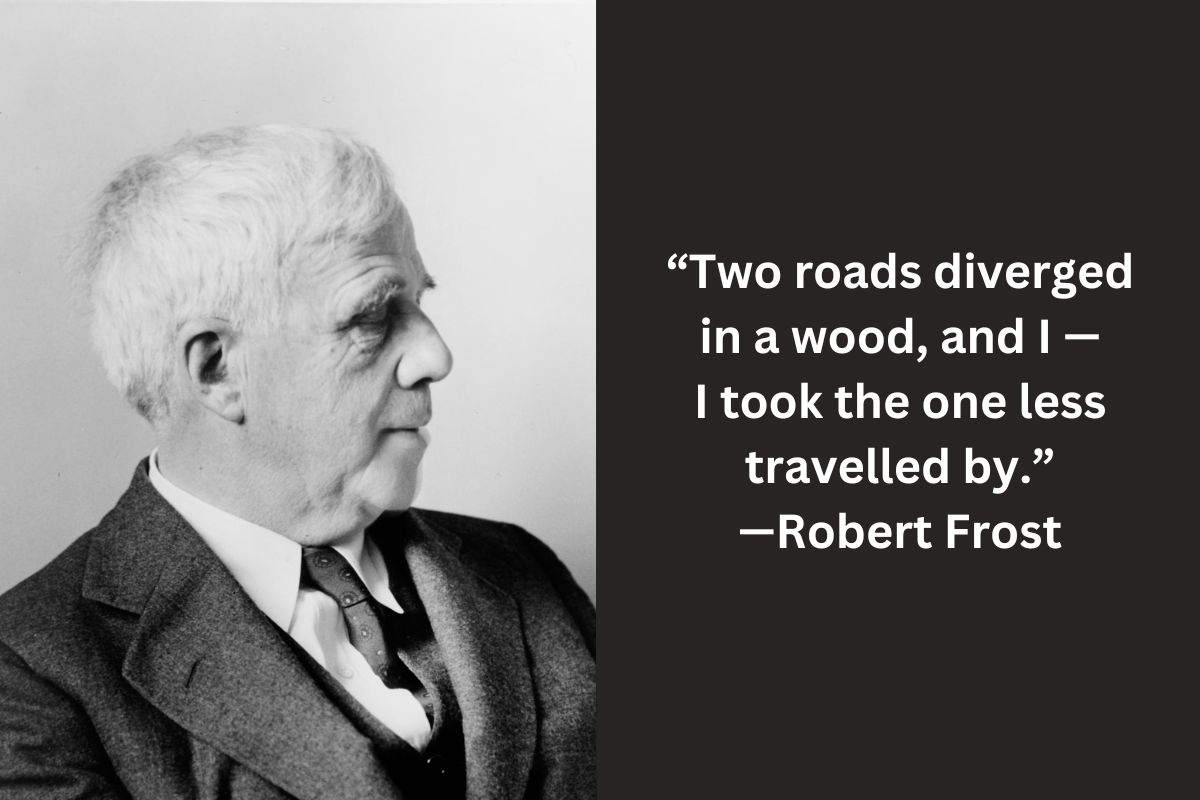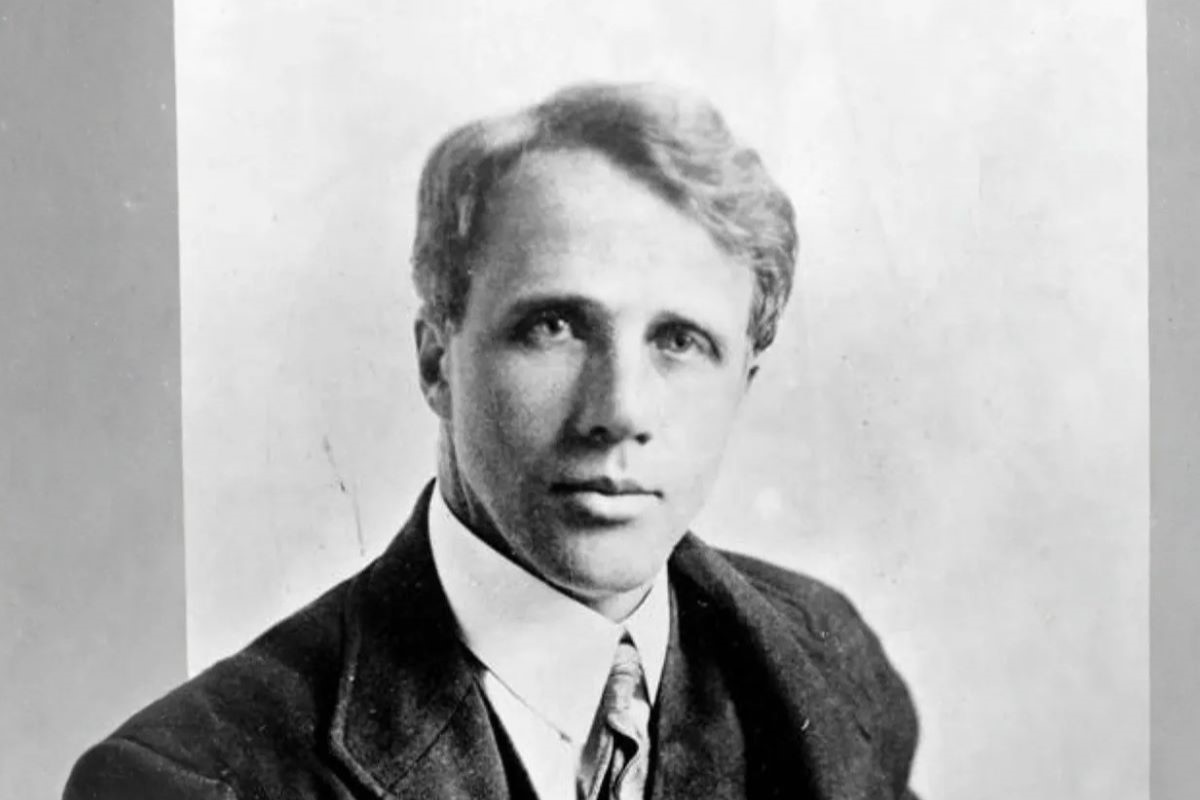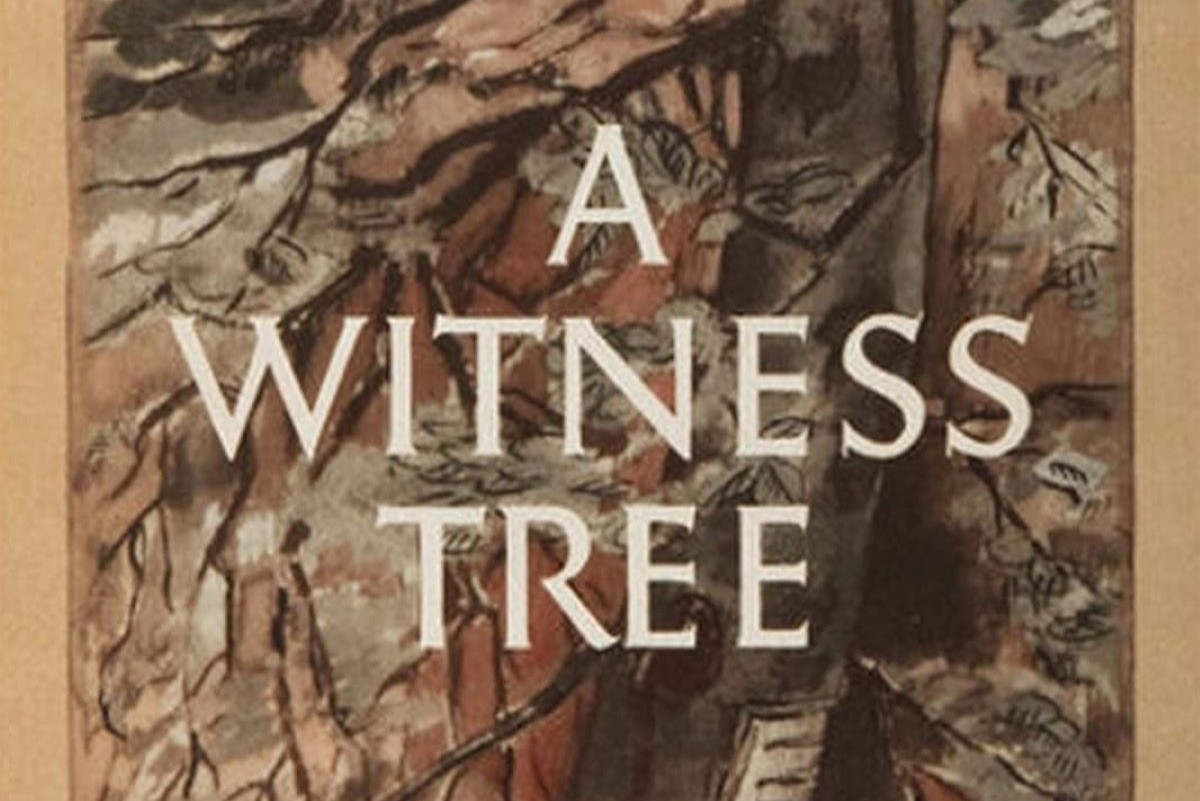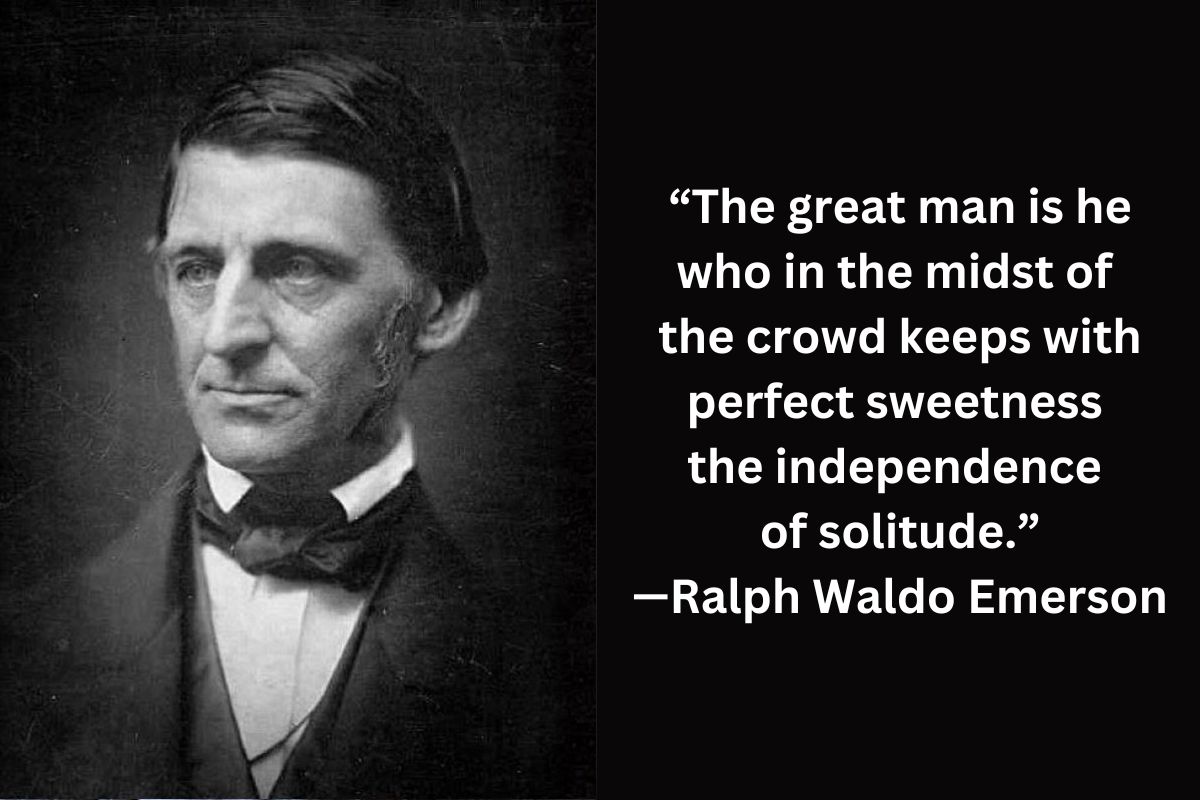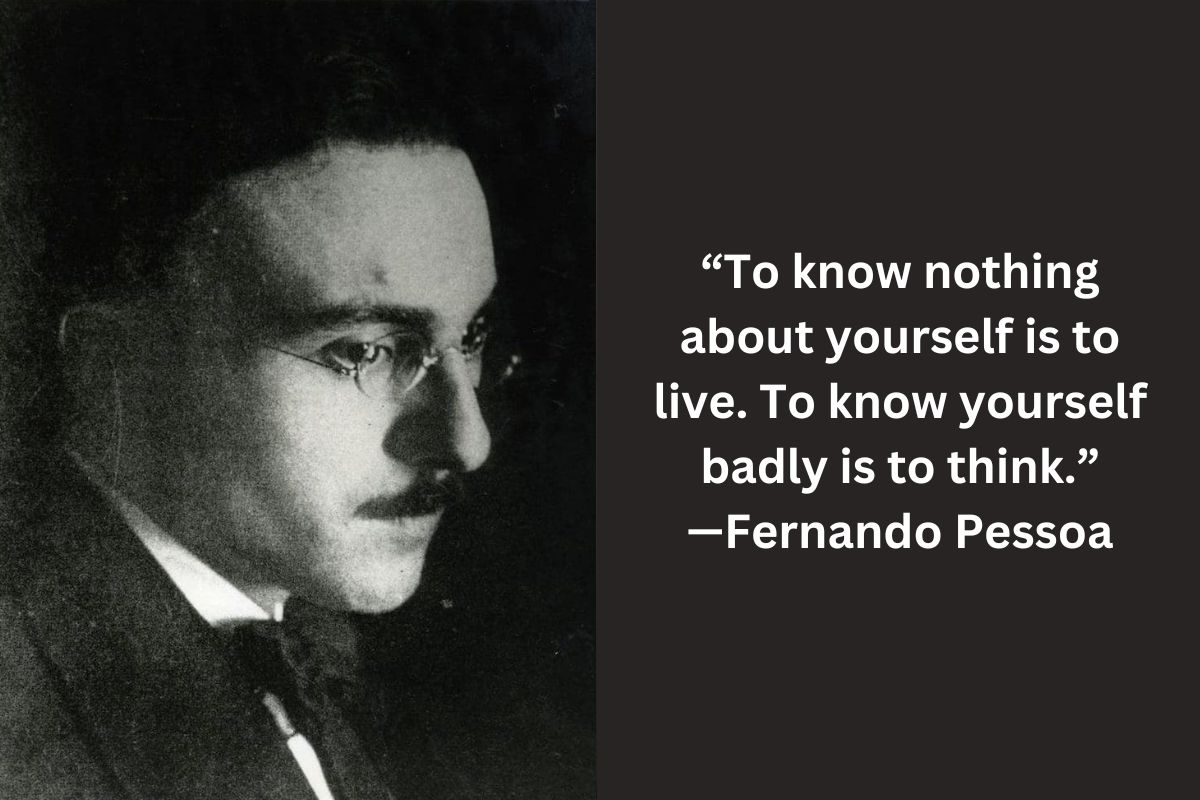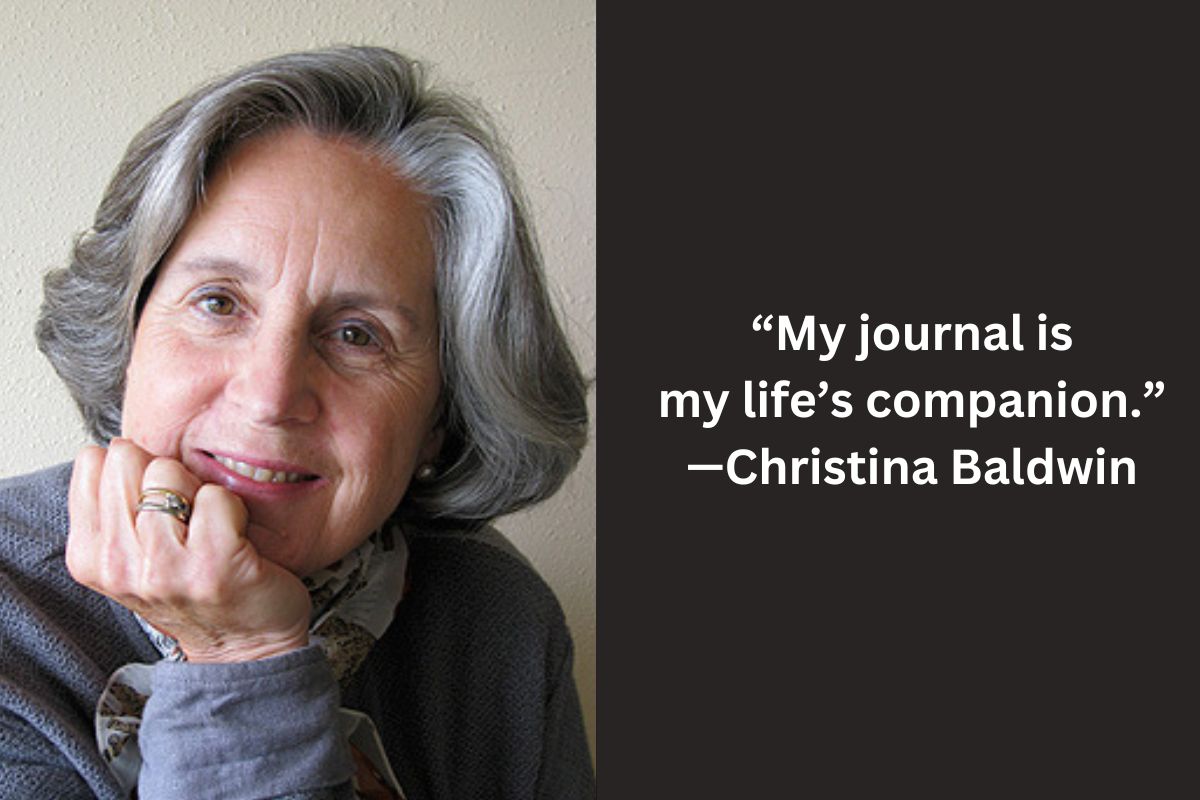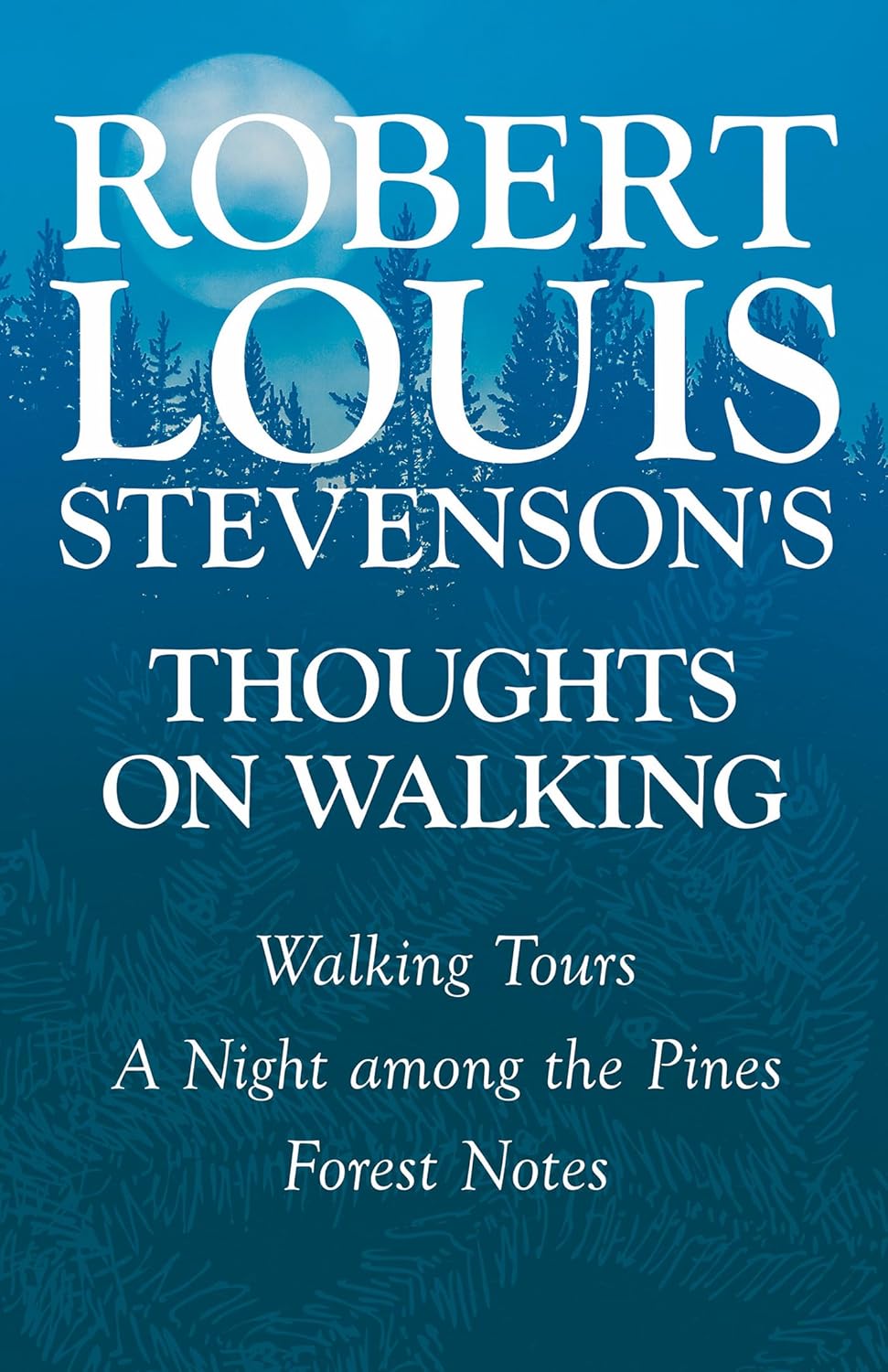 Almost everything you read here was inspired by my long daily walks. The writing muse, it seems, likes to grace me with her presence only when my feet are in motion — a vital condition for composing my scattered thoughts and jotting them down in the notebook of the mind. And I’m far from alone in reliance on this creative practice. For many writers, ambulatory solitude inspired their most fertile thought experiments: “Knowing how way leads on to way / I doubted if I should ever come back,” Robert Frost famously wrote. Yet we do come back, and what happens at the keyboard is mostly a reflection of an anticipated view seen with the mind afoot across familiar paths of everyday life. This is what Scottish novelist Robert Louis Stevenson (November 13, 1850–3 December 3, 1894) explores in a portion of the book Thoughts on Walking:
Almost everything you read here was inspired by my long daily walks. The writing muse, it seems, likes to grace me with her presence only when my feet are in motion — a vital condition for composing my scattered thoughts and jotting them down in the notebook of the mind. And I’m far from alone in reliance on this creative practice. For many writers, ambulatory solitude inspired their most fertile thought experiments: “Knowing how way leads on to way / I doubted if I should ever come back,” Robert Frost famously wrote. Yet we do come back, and what happens at the keyboard is mostly a reflection of an anticipated view seen with the mind afoot across familiar paths of everyday life. This is what Scottish novelist Robert Louis Stevenson (November 13, 1850–3 December 3, 1894) explores in a portion of the book Thoughts on Walking:
Now, to be properly enjoyed, a walking tour should be gone upon alone. If you go in a company, or even in pairs, it is no longer a walking tour in anything but name; it is something else and more in the nature of a picnic. A walking tour should be gone upon alone, because freedom is of the essence; because you should be able to stop and go on, and follow this way or that, as the freak takes you; and because you must have your own pace, and neither trot alongside a champion walker, nor mince in time with a girl. And you must be open to all impressions and let your thoughts take color from what you see. You should be as a pipe for any wind to play upon. “I cannot see the wit,” says Hazlitt, “of walking and talking at the same time. When I am in the country, I wish to vegetate like the country,” which is the gist of all that can be said upon the matter. There should be no cackle of voices at your elbow, to jar on the meditative silence of the morning. And so long as a man is reasoning he cannot surrender himself to that fine intoxication that comes of much motion in the open air, that begins in a sort of dazzle and sluggishness of the brain, and ends in a peace that passes comprehension.
Complement this walking meditation from Thoughts on Walking with Robert Frost who also wrote, “Two roads diverged in a wood, and I / I took the one less traveled by.”

I’m a freelance writer with 6 years of experience in SEO blogging and article publishing. I currently run two websites: MindfulSpot.com and OurReadingLife.com. While you’re here, get the latest updates by subscribing to my newsletter.

